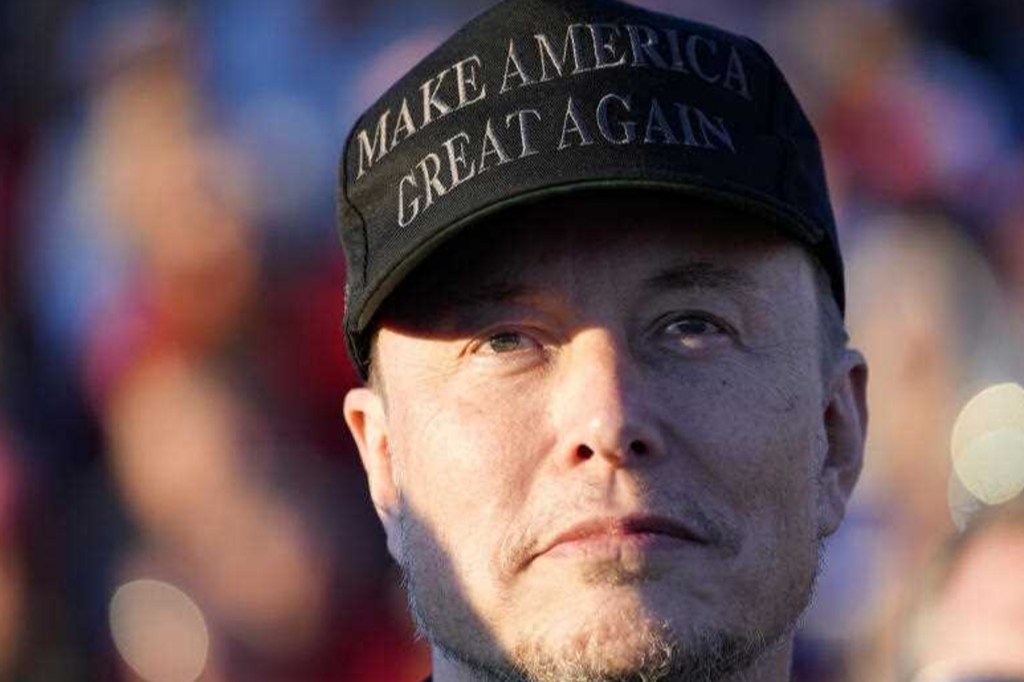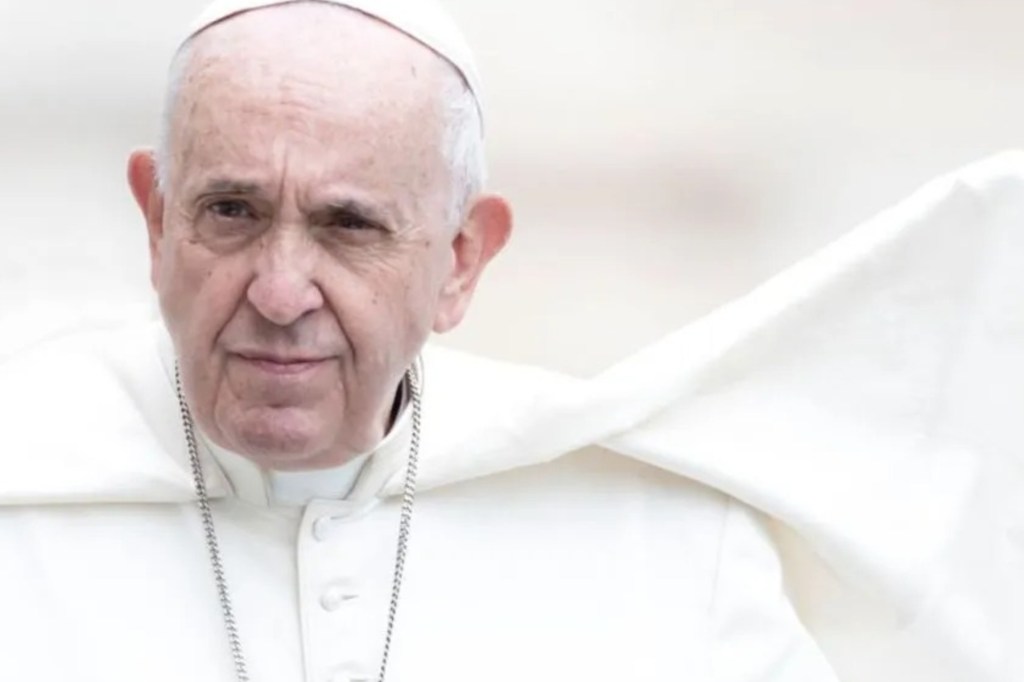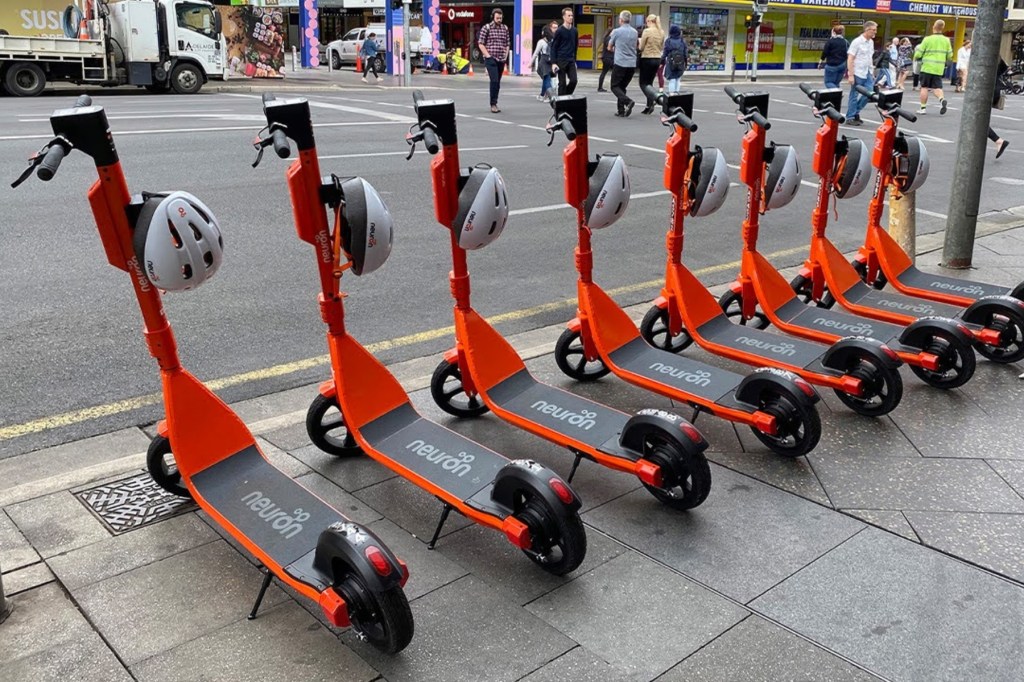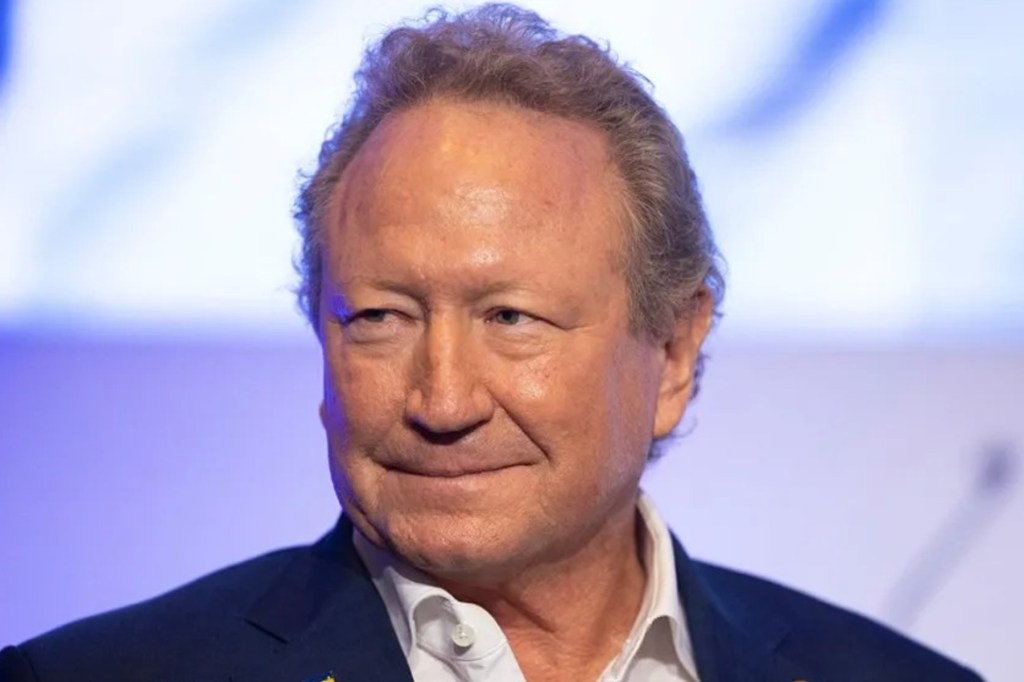Musk’s clout with Trump could enrich his companies
Elon Musk’s Tesla stands to make significant gains under a Donald Trump-led US administration, which is planning extensive tariffs on Chinese imports.

Elon Musk’s backing of Donald Trump’s decisive victory for a second US presidency puts the billionaire entrepreneur in a position of influence to help his companies secure favourable government treatment.
Musk contributed at least $US119 million ($A181 million) to a pro-Trump spending group, federal records show.
The donations were part of a wider strategy to insulate his companies from regulation or enforcement, according to interviews conducted by Reuters with six Musk-company sources and two government officials who have interacted with Musk firms.
Musk has business interests that depend heavily on government regulation, subsidies or policy – from Tesla’s electric cars to Neuralink’s brain chips to SpaceX’s rockets.
“Elon Musk sees all regulations as getting in the way of his businesses and innovation,” said one former top SpaceX official who spoke on condition of anonymity.
“He sees the Trump administration as the vehicle for getting rid of as many regulations as he can, so he can do whatever he wants, as fast as he wants.”
You might like
Shares in Tesla soared by almost 15 per cent on Wednesday as investors bet that the electric vehicle maker and Musk will benefit from Trump’s return to the White House.
For example, Trump’s plans for extensive tariffs on Chinese imports make it less likely that Chinese EVs will be sold in bulk in the US anytime soon.
Musk endorsed Trump on July 13, the day the Republican candidate was shot in the ear in a Pennsylvania assassination attempt.
He spent election night with the president-elect – who has promised to make Musk an “efficiency tsar” in his administration – at his Mar-a-Lago club in Florida.
Tesla, SpaceX, Neuralink, Musk and the Trump campaign did not immediately respond to requests for comment.
Musk once fashioned his image primarily around fighting climate change by building electric cars to limit pollution and rockets that could one day help humans flee to Mars from a dying earth.
Stay informed, daily
He’s now at the forefront of a growing class of Silicon Valley billionaires championing a libertarian movement as a backlash to the California region’s historically liberal ideology.
Musk’s growing power has excited his backers who also view government as an impediment to his high-tech ventures, including Shervin Pishevar, a venture capitalist who has invested in SpaceX and advocated for Silicon Valley’s shift toward Trump.
“He’s going to make America function like a startup,” Pishevar said of Musk.
The fortunes of Tesla could rise or fall depending on a second Trump administration’s treatment of the diverse array of subsidies, policies and regulatory schemes governing electric and autonomous vehicles.
Musk said last month he expects to roll out driverless Teslas in California and Texas by next year and start production in 2026 on a fully autonomous “Cybercab,” which would have no steering wheels and pedals.
Despite Musk’s complaints of a stifling bureaucracy, his SpaceX currently leads the world in government-financed rocket launches and Tesla sells nearly two million heavily subsidised EVs annually.
At his brain implant startup, Neuralink, Musk has long complained that the slow Food and Drug Administration approval process has slowed the firm from implanting the device inside human brains.
Musk could use his rising clout in the Trump administration to cut through some of the safety-related approvals in that process, according to a source familiar with the company’s operations.
NASA, which has relied on SpaceX’s know-how, and other agencies often try to avoid alienating the company, said a federal official familiar with the company’s government interactions and spoke on condition of anonymity.
“NASA needs SpaceX more than SpaceX needs NASA,” the official said.
NASA has invested more than $US15 billion ($A23 billion) into SpaceX.
SpaceX is also separately developing a network of hundreds of spy satellites with a US intelligence agency.
NASA declined to comment on Musk’s potential influence after Trump’s election.








